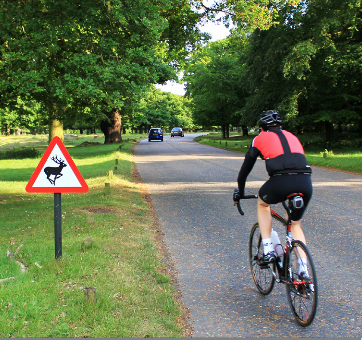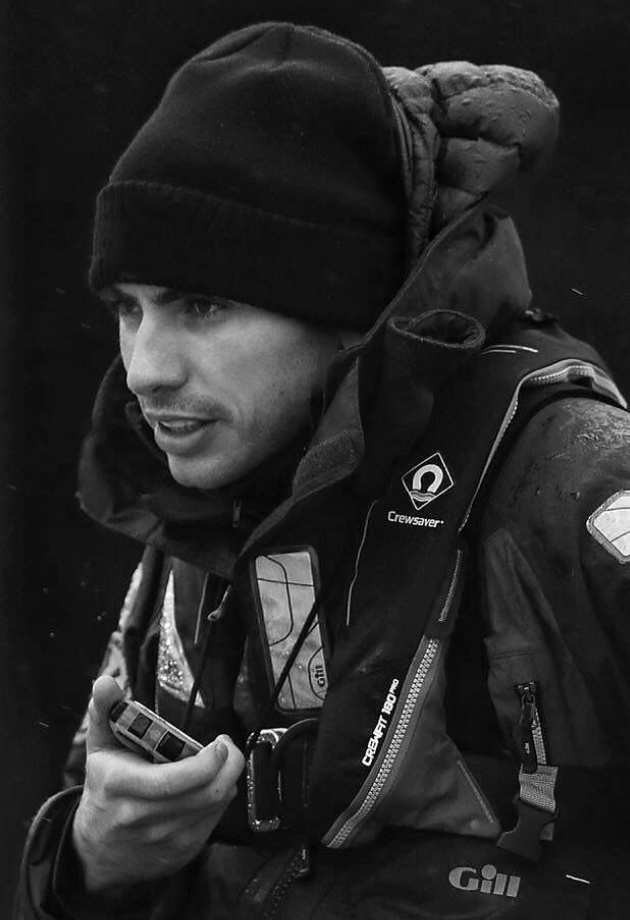Sports injuries and mental health

Injuries in sports suck. They strip you of your ability to enjoy exercise and take away a fundamental part of who you are. They leave you feeling aimless and frustrated at your overnight change in ability to do what was completely normal the day before. I am just coming out of the recovery stage of a knee surgery that occurred at the beginning of the year. In fact, yesterday was the first time I participated in any exercise that was more than a simple walk to buy groceries…
I went for a relatively short cycle around a section of Richmond Park. Being able to get out and move in London’s wildest space was indescribable. I also got to have a good laugh at the extremely serious looking MAMIL’s (middle aged men in lycra) their beer bellies resting on the crossbars of their several thousand-pound carbon-fibre bikes with matching ‘free speed’ generating oversized sunglasses and socks.
I felt extremely unfit as I peddled around at two thirds of the speed I normally do, well aware of how my outing would compare to those of the people I follow on Strava. However, the mere fact I was able to go out and do it and experience the wind (even a very cold and wet British May wind) in my face and my legs moving under me, made the first ride back magical. There was a sense of freedom and escapism that has always been a fundamental part of why I’ve always loved sport even admittedly as not the greatest athlete out there. When I came to Imperial, sport allowed me to have a real escape from the trappings and worries of university life. Which is why, when people are injured and can no longer do this they can often really struggle mentally. There have been moments in the last few months where I have too. Very often during the injury and recovery phase you can lose sight of the progress that you’re making, and everything can seem quite futile. The temptation to just become a full couch potato while you watching any progress you made slip away can be overwhelming.
However, it’s very important to believe in the process and let time, as well as religiously following very boring physiotherapy to in order to get you back to the point where you can start to live normally again. What I have realised through my journey with sport and injuries, is just as injuries leave both mental and physical scars almost every athlete has had a serious injury or two at some point and therefore there is a vast community of people who are willing to offer support and guidance to help you get back on your feet. Use this community and do your best to try and not lose faith; just like in sport, the recovery is often more mental than physical.








